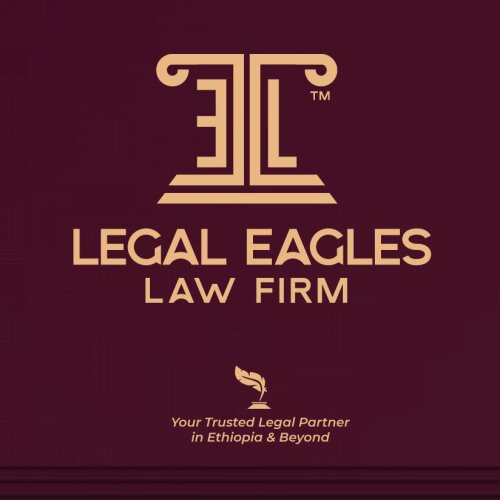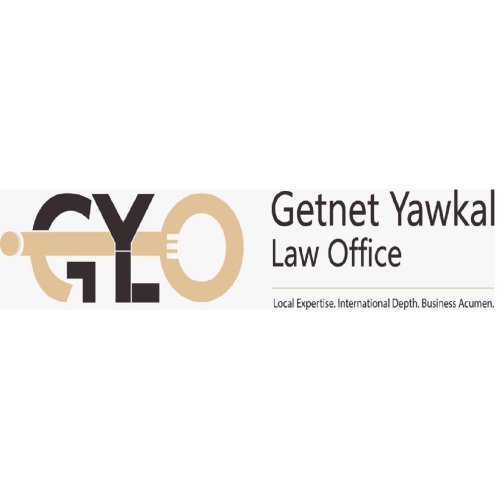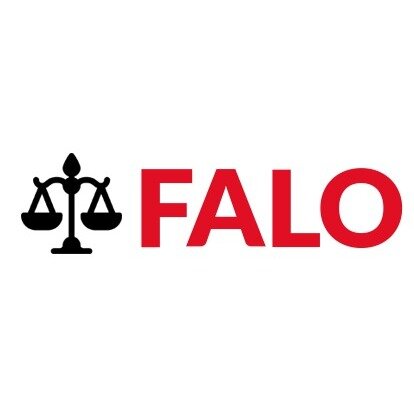Best Art & Cultural Property Law Lawyers in Addis Ababa
Share your needs with us, get contacted by law firms.
Free. Takes 2 min.
List of the best lawyers in Addis Ababa, Ethiopia
About Art & Cultural Property Law in Addis Ababa, Ethiopia
Art & Cultural Property Law in Addis Ababa, Ethiopia, encompasses legal frameworks that govern the protection, preservation, and repatriation of cultural heritage and artworks. Given the rich tapestry of Ethiopia's historical and cultural heritage, there are significant efforts to ensure that cultural properties are protected from illicit trafficking, unauthorized export, and damage. This field of law is crucial for safeguarding Ethiopia's artefacts, traditional knowledge, and cultural sites that reflect the country's unique cultural identity.
Why You May Need a Lawyer
Legal assistance may be necessary in various scenarios related to Art & Cultural Property Law, such as:
- Disputes over the ownership or provenance of cultural artefacts.
- Legal action to prevent the illegal export or sale of artworks and cultural items.
- Negotiations for the return of looted or displaced cultural property from foreign entities.
- Compliance with local and international laws regarding the protection and export of cultural properties.
- Advisory roles for museums, collectors, and cultural heritage organizations.
Local Laws Overview
Addis Ababa, as the capital of Ethiopia, follows national laws and international agreements related to Art & Cultural Property Law. Key aspects include:
- The Ethiopian Cultural Heritage Proclamation: This legal framework governs the preservation, conservation, and restoration of historical and cultural heritage sites.
- Prohibition of Illegal Export: Laws are in place to prevent the illegal exportation and commercialization of cultural artefacts without proper authorization.
- International Agreements: Ethiopia is a signatory to several international conventions, such as the UNESCO 1970 Convention, which aim to mitigate illicit trafficking of cultural property.
Frequently Asked Questions
What constitutes cultural property under Ethiopian law?
Cultural property includes items of historical, artistic, or scientific significance, ranging from manuscripts and architectural monuments to indigenous arts and crafts.
Are there specific regulations for archaeological finds?
Yes, archaeological discoveries are protected under national law, requiring proper permits for excavation and explicitly prohibiting unauthorized removal and commercialization.
How can we return cultural property obtained abroad to Ethiopia?
Legal procedures for the repatriation of cultural property involve proving lawful ownership and following bilateral agreements with the state holding the artefacts.
Is replica production of Ethiopian artefacts regulated?
Replicas must distinguish themselves from originals and not infringe on the cultural and intellectual rights associated with the original artefacts.
What protections exist for intangible cultural heritage?
Protection extends to traditional practices, oral traditions, and expressions, with emphasis on preserving and promoting cultural diversity.
Do local laws protect contemporary art as well?
Yes, contemporary art is recognized under intellectual property laws, encompassing copyright protections for creators.
What penalties exist for violators of cultural property laws?
Penalties include fines, imprisonment, and repatriation of artefacts, depending on the nature and severity of the offense.
Can private individuals own national cultural heritage items?
Certain cultural properties can be privately owned but are subject to restrictions on export and sale to ensure they remain within Ethiopian borders.
How can I verify the legality of art I purchase?
It's important to request provenance documentation and consult with legal experts to ensure the art complies with local and international laws.
What are the challenges faced in enforcing these laws?
Challenges include limited resources, lack of awareness, and international cooperation obstacles that complicate enforcement and recovery efforts.
Additional Resources
For more information and assistance, consider reaching out to:
- Ethiopian Authority for Research and Conservation of Cultural Heritage (ARCCH): The leading governmental body overseeing the protection and management of cultural heritage.
- The Ministry of Culture and Tourism: Offers resources on legal requirements and cultural heritage preservation efforts.
- Local Universities and Law Schools: Often provide consultations and conduct research on cultural property law topics.
Next Steps
If you need legal assistance in Art & Cultural Property Law, consider the following steps:
- Consult with a lawyer specializing in cultural heritage and intellectual property law to get specific advice tailored to your situation.
- Gather all relevant documentation when approaching a lawyer, including any ownership records or provenance documentation you possess.
- Stay informed about changes in local and international laws related to art and cultural property.
Lawzana helps you find the best lawyers and law firms in Addis Ababa through a curated and pre-screened list of qualified legal professionals. Our platform offers rankings and detailed profiles of attorneys and law firms, allowing you to compare based on practice areas, including Art & Cultural Property Law, experience, and client feedback.
Each profile includes a description of the firm's areas of practice, client reviews, team members and partners, year of establishment, spoken languages, office locations, contact information, social media presence, and any published articles or resources. Most firms on our platform speak English and are experienced in both local and international legal matters.
Get a quote from top-rated law firms in Addis Ababa, Ethiopia — quickly, securely, and without unnecessary hassle.
Disclaimer:
The information provided on this page is for general informational purposes only and does not constitute legal advice. While we strive to ensure the accuracy and relevance of the content, legal information may change over time, and interpretations of the law can vary. You should always consult with a qualified legal professional for advice specific to your situation.
We disclaim all liability for actions taken or not taken based on the content of this page. If you believe any information is incorrect or outdated, please contact us, and we will review and update it where appropriate.

















